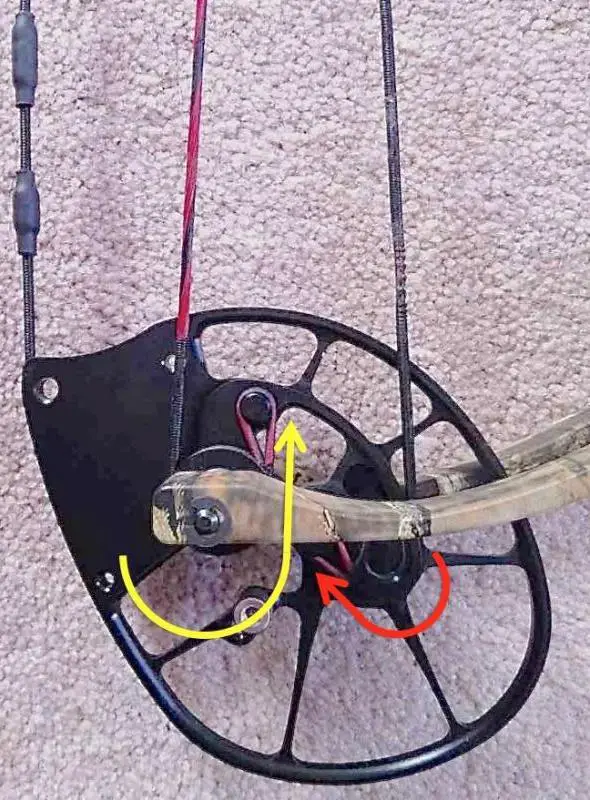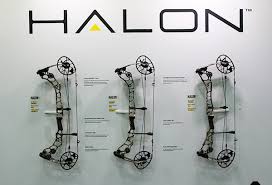Buss Cable Vs Control Cable
Buss cable and control cable are two different types of cables used for specific purposes in electrical systems. Buss cable is designed for high current applications, while control cable is used for low voltage control signals.
In electrical systems, different types of cables are used for specific purposes. Buss cable is specifically designed for high current applications, typically used to distribute power in electrical systems. It is capable of carrying high levels of current, making it suitable for applications such as power distribution in large industrial settings.
On the other hand, control cable is used for low voltage control signals, typically carrying signals for control and instrumentation purposes. Control cable is often used in automation systems, where it transmits control signals to control devices such as motors, switches, and sensors. Understanding the differences between buss cable and control cable is crucial to ensure the proper functioning and safety of electrical systems.

Credit: www.securityinformed.com
Buss Cable: Definition, Features, And Applications
A buss cable is a type of cable used for transmitting power and data signals within a system. It is specifically designed for high-current applications, making it suitable for various industries. Buss cables possess certain characteristics and construction features that distinguish them from control cables.
They are typically larger in size and have multiple conductors enclosed within a single jacket. This design allows for efficient power distribution and reduces the need for multiple individual cables. Buss cables are commonly used in industrial settings, such as manufacturing plants, electrical substations, and transportation systems.
They are known for their durability, reliability, and ability to handle high currents. With their versatility and wide range of applications, buss cables play a crucial role in ensuring seamless connectivity and electrical supply in different industries.
Control Cable: Definition, Features, And Applications
Control cables play a crucial role in various industries due to their distinct features and applications. These cables are specifically designed to transmit signals and control the functioning of devices and systems. They are characterized by their durable construction and flexibility, allowing them to withstand harsh environmental conditions and demanding working environments.
Control cables are commonly used in automation systems, industrial machinery, power generation plants, and telecommunications industry. They are also widely utilized in transportation systems, including automobiles, ships, and aircraft. In addition, control cables find applications in the construction industry, where they are used for the control and monitoring of equipment, such as cranes and lifts.
With their versatile nature and reliable performance, control cables continue to be an essential component in various fields, ensuring efficient control and communication.
Comparison Of Buss Cable And Control Cable
Buss cables and control cables differ in functionality and purpose, construction and design, and voltage and current ratings. The functionality and purpose of buss cables revolve around transferring power between electrical devices efficiently. On the other hand, control cables are primarily used to transmit electrical signals for monitoring and controlling equipment.
In terms of construction and design, buss cables are typically larger and have multiple conductors bundled together, while control cables are often smaller and consist of individual insulated conductors. When it comes to voltage and current ratings, buss cables generally handle higher levels due to their power transmission capabilities, while control cables are designed for lower voltages and currents.
Understanding these differences is crucial for selecting the appropriate cable for specific applications. So, it is essential to consider functionality, construction, and voltage requirements when choosing between buss cables and control cables.
Factors To Consider When Choosing Between Buss Cable And Control Cable
Factors to consider when choosing between buss cable and control cable include application requirements and environmental considerations. Your specific needs should dictate the type of cable you choose. Additionally, it is important to analyze the long-term maintenance and operating costs.
Safety and regulatory compliance should also be taken into account to ensure a reliable and secure cable solution. By carefully evaluating these factors, you can make an informed decision that meets your requirements while adhering to industry standards. Remember to assess the specific needs of your application and consider the environment in which the cable will be used, as this will greatly impact its performance and longevity.
Pros And Cons: Buss Cable Vs Control Cable
Buss cable offers several advantages over control cable, making it a popular choice for various applications. It provides efficient power transmission and is ideal for high-voltage systems. Buss cable also allows for easy expansion and modification, ensuring flexibility in different setups.
However, it has its own set of drawbacks. Buss cable can be bulky and expensive, requiring proper installation and maintenance. On the other hand, control cable offers distinct benefits. It is suitable for low-voltage applications and provides precise control signals.
Control cable is also more compact and cost-effective. However, it has limitations too. It may not be suitable for high-power systems and can face signal interference issues. Before choosing between the two, carefully consider the specific requirements of your project to make an informed decision.
Selecting The Right Cable For Your Application: Best Practices
Selecting the right cable for your application requires identifying specific needs and cable requirements. Consulting with experts and professionals can provide valuable insights. Consider long-term scalability and future expansion to ensure the cable choice is suitable. Avoid commonly overused phrases to keep the writing engaging and concise.
By following these guidelines, you can create a seo-friendly content that is unique and easy to understand, while maintaining an active voice. Remember to use a variety of phrases to maintain reader interest.
Frequently Asked Questions On Buss Cable Vs Control Cable
What Is The Difference Between Buss Cable And Control Cable?
Buss cables are used for transmitting power, while control cables are used for transmitting signals or control signals. Buss cables are typically thicker and have more conductors, while control cables are usually thinner and have fewer conductors.
Are Buss Cables More Expensive Than Control Cables?
The cost of both buss cables and control cables can vary depending on factors such as length, size, and conductor material. Generally, buss cables tend to be more expensive due to their larger size and higher power transmission capabilities.
Can Buss Cables Be Used As Control Cables?
While buss cables can carry control signals, they are not designed specifically for control applications. Control cables are specifically designed for transmitting signals and control signals, offering better performance and reliability for control applications. It’s recommended to use control cables for control purposes.
Conclusion
To summarize, when choosing between bus cables and control cables, there are several factors to consider. The specific needs of your application, such as the distance the cable needs to cover and the level of signal interference, will play a crucial role in determining the right cable for your project.
Bus cables are typically ideal for longer distances and multiple devices, providing efficient data transmission. On the other hand, control cables offer precise control and flexibility, making them suitable for smaller systems. It is essential to assess the technical requirements of your project and consult with experts to ensure you make an informed decision.
Ultimately, both bus cables and control cables have their advantages, and understanding their key differences will assist you in selecting the right cable for your specific application. Remember, proper cable selection is vital for the overall performance and reliability of your system.







